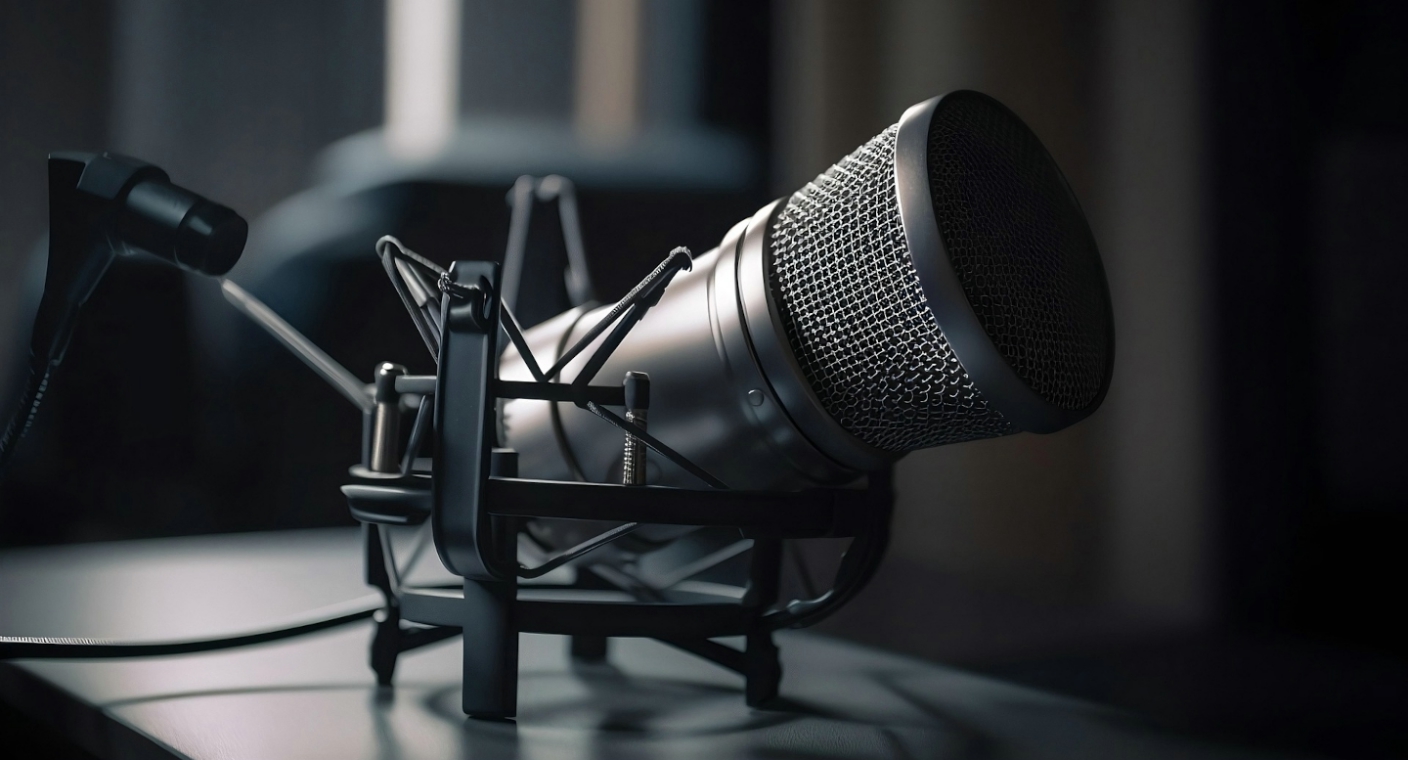A busy trade show booth will be attracting visitors from all walks, with the focus being on existing and potential customers and partners. While your on-booth sales & support team will be greeting contacts and leads with open arms, their response to an industry journalist may be more muted and could range from nervousness to dismissiveness.
Your colleagues may be feeling immediately uncomfortable and not showing the media representative the interest and respect that they warrant. Alternatively, they may be speaking off the cuff and not reflecting the core messages that you are looking to project at this event regarding your company, portfolio and innovation.
Clearly this could have consequences for your company ranging from a mere missed opportunity to potentially disastrous coverage if somebody has spoken out-of-turn.
Prepare to be remembered
It doesn’t need to be this way. A little media preparation and planning can go a long way in ensuring that things go well and that you enjoy excellent editorial coverage that bolsters your company reputation within the market.
Agreeing that all staff will politely deliver the journalist to a company spokesperson at the booth or set up an appointment is a good place to start. But you also need to ensure that those spokespersons are well versed in what the objectives are and can handle the media in a polite, engaging and mutually beneficial manner. They should be experts at placing themselves in the journalists’ shoes - helping them to understand why your company has a great story to tell or is a worthwhile company to profile.
The 10 golden rules
So with these spokespersons effectively becoming the face of the company at your trade show event or press conference, how best to prepare them?
Predictably, the adage holds true: “practice makes perfect”. There’s really no substitute for media training sessions, which provide great practice runs of the situations a spokesperson is likely to encounter. But even without media training, there are good practices that we can all remember and learn from. This is why EMG has compiled our 10 golden rules for spokespersons:
- Prepare: what is the core message that you are promoting at this event?
- Manage the interview: ensure that your central message is coming through loud and clear, while still drawing attention to worthwhile topics.
- Stay on topic: stick to the message and repeat it whenever it makes sense to do so.
- Listen to the question: think about what exactly is being asked and whether there could be a wider agenda behind the question.
- Maintain your integrity: when posed with a challenging question, answer respectfully, honestly and briefly, without divulging confidential information.
- Remain within your area of competence: remember what your role and responsibilities are at all times and do not speak for others.
- Never guess or speculate: do not give opinions beyond the area of your competency.
- Don’t repeat negative words or phrases: politely respond with your more positive take and words.
- Tell a credible story: have proof-points and examples, perhaps even physical resources such as data-sheets or case studies, to help you outline your story in an engaging way.
- Give it a personal touch: journalists will be looking for a few exclusive nuggets to justify stopping by your booth.
EMG: always preparing our customers
These are 10 basic golden rules but remember that rule number 1 (preparation) is by far the most important. After all, forget to prepare and prepare to be forgotten.
By carefully positioning your show/press conference message and being ready to respond to all the potentially tricky questions that may follow, you will already be halfway there. EMG can help you in determining FAQs and discussing how to respond to them, as well as offering customer support through our valuable interactive media training sessions.
Over the last few years, EMG has helped more than 1,000 professionals to become more effective spokespersons in seminars and workshops that focus on key messaging and/or provide an insight into the news-gathering processes and the possible pitfalls along the way.
So, make sure that you’re fully prepared for your next big event or press conference, and reap the benefits. Contact us today to learn more about our media training and event support.



